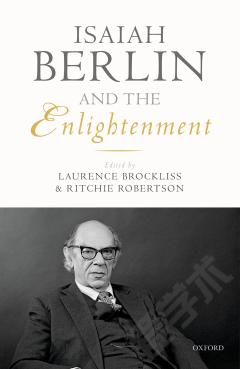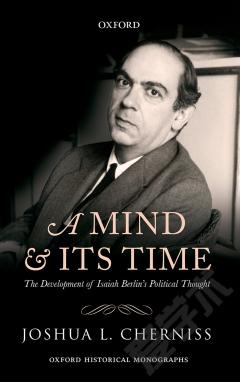Isaiah Berlin and the Enlightenment
This chapter assesses Karl Marx: His Life and Environment (1939), a book which offers an important snapshot of Berlinâs early understanding of topics that he continued to pursue: the nature of Enlightenment ideas, their impact on Marxâs thought, and the âcounter-attackâ they provoked (from Hegel amongst others). The contrast with Berlinâs later views is sometimes striking. Marx is not treated as an archetypal Enlightenment thinker (but as having affinities and contrasts with Enlightenment thought); the Enlightenment influence on his writings is identified as broadly positive (responsible for its realism, clarity, and empirical insight); and Marx is not criticized for rejecting the truth of value pluralism (but for denying the historical importance of ideas and human agency).
{{comment.content}}








 京公网安备 11010802027623号
京公网安备 11010802027623号